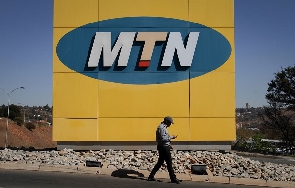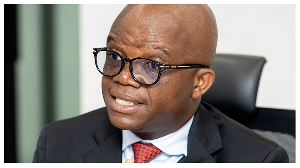Nigerian companies are paying more to borrow in capital markets, signaling an end to the era of low rates which many issuers took advantage of to refinance higher-cost debt.
Firms including MTN Nigeria and Nigerian Breweries have been forced to raise the rates offered on new debt issues due to “aggressive bids” by investors seeking higher yields, Stanbic IBTC Asset Management, said in a note to clients on Tuesday.
MTN Nigeria issued 270-day commercial paper at 8%, though the indicative rate was 6%, according to Stanbic. “Corporates such as Nigerian Breweries, Dufil Prima, Coronation and Fidson, also adjusted their yields upward in a bid to raise a a combined sum of 70 billion naira,” Stanbic said. Firms have raised 170 billion naira through commercial paper in March.
Yields on short- and long-term bonds in Africa’s largest economy dropped to record lows last year due to a surge in liquidity after the central bank restricted purchase of some short-term papers and eased monetary policy to aid recovery. This is after the pandemic plunged the country into its second recession in four years.
Issuance of short-term corporate debt spiked as firms took advantage of the low rates to refinance expensive loans and boost working capital. More than 801 billion naira was issued in corporate commercial paper in 2020 from 467.6 billion naira in 2019, according to Chapel Hill Denham.
“What investors are telling issuers is that they might want to benchmark the 270-day commercial paper against the one year Treasury bill” sold for 8% at the end of March, Lanre Buluro, director of sales at Chapel Hill Denham said by phone. “Investors are asking for more, because there is a view that rates will continue to go up and inflation is at over 17%.”
One-year bills traded for 7% on the secondary market on Tuesday. Rates will maintain an upward trend in the coming month as market participants continue to remain aggressive in their search for higher yields, Stanbic said.
This will cause “a slowdown in the supply of corporate commercial paper as companies re-consider the opportunity cost of raising funds from the debt market as yields move toward double digit,” it said.
Africa Business News of Wednesday, 14 April 2021
Source: bloomberg.com

















